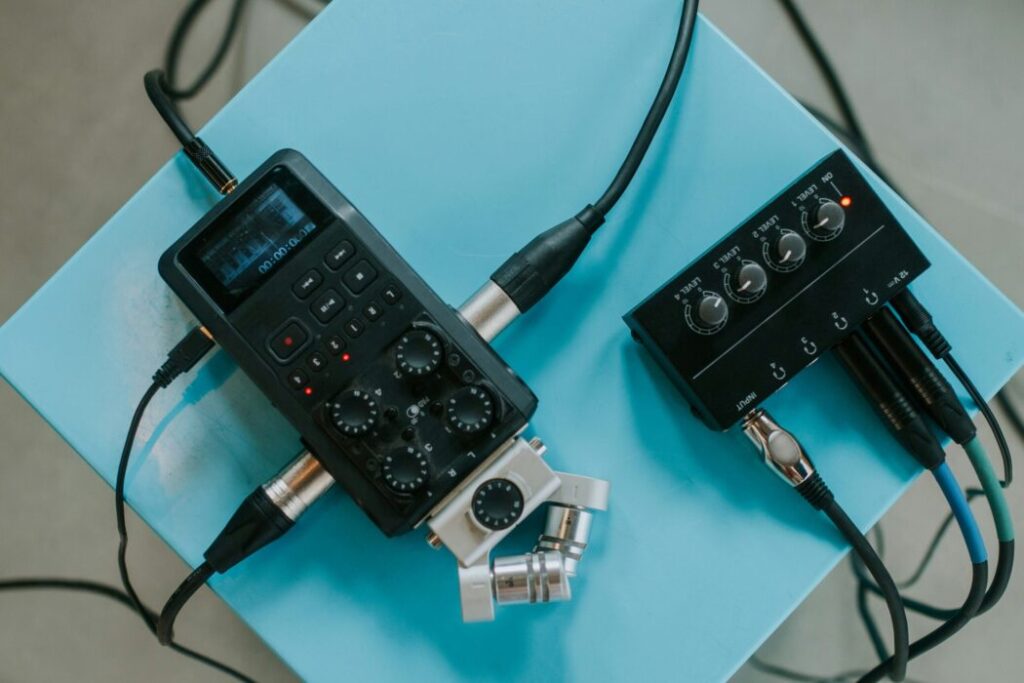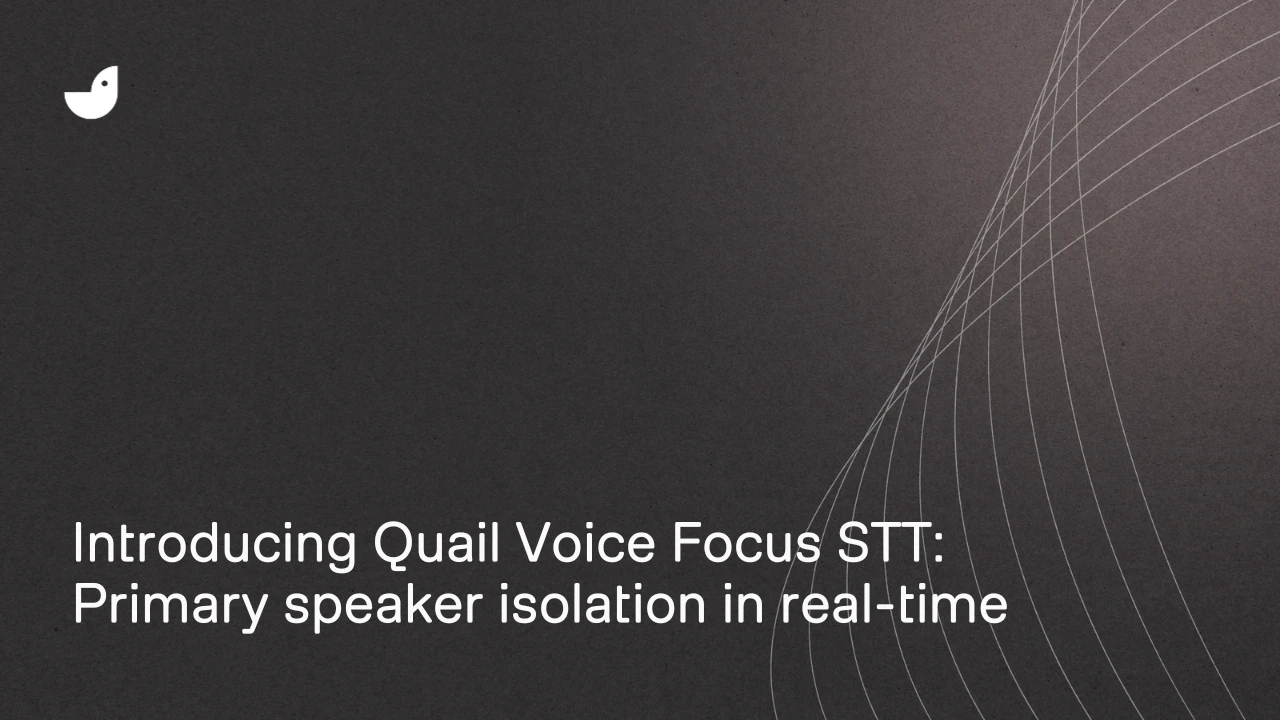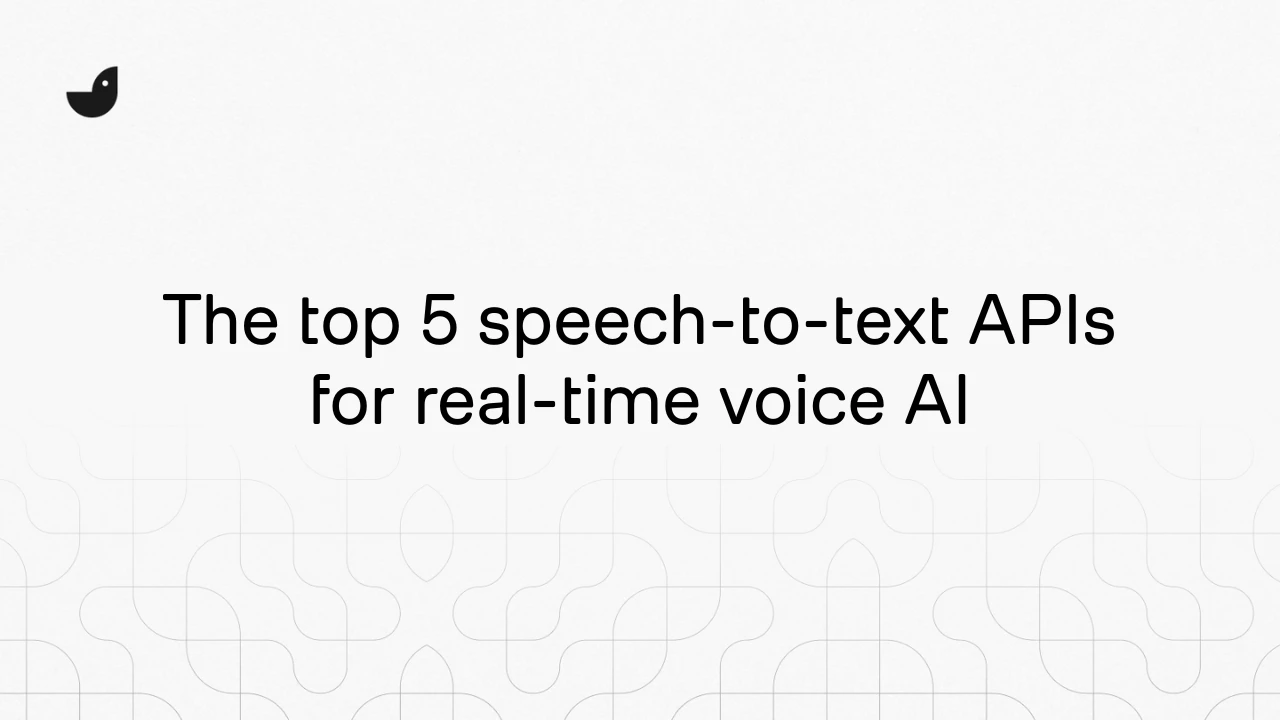At ai-coustics, we think everyone deserves studio-quality sound: no matter your industry, budget, expertise or technology. Whether you’re an audio producer working for a broadcaster and seeking to optimize workflows or an engineer building headphones and other hardware devices, we make AI-powered enhanced audio accessible and affordable.
But ai-coustics operates across a range of technologies and products, in particular via our flagships API and SDK. What’s the difference, and which suits your needs? In this article, you’ll find out.
What is the ai-coustics API?
The ai-coustics API is a powerful tool designed for post-production audio enhancement. It transforms raw audio and video materials into polished, professional-grade recordings, automating the process for optimal efficiency. You can integrate the API into your existing software, with customizable enhancement options to streamline your tasks.

Key features of the API:
- Batch processing at scale: Ideal for handling large volumes, the API can process thousands of recordings quickly and seamlessly. It streamlines your workflows and reduces turnaround times.
- Cross-platform compatibility: The API integrates smoothly with your existing systems. We provide detailed documentation and support to help you embed our API into your platform, requiring only basic programming knowledge.
- Customizable settings: Tailor audio enhancement to your desired specifications and quality.
- Two quality models: Try out our Finch and Lark models to see which works best for your audio, AI-powered reconstructive technology or high-powered background noise reduction.
Ideal use cases:
- Broadcasters: Whether you’re seeking to clean messy audio or revitalize archival footage, our API ensures consistent, studio-quality sound. Solve user or technological errors and optimize your workflows so that everything moves fast and professionally.
- EdTech: Providing high quality audio makes a massive difference in virtual classes: in fact, enhanced audio clarity in educational settings can improve student test scores by up to 35%. No matter your teachers’ mic set-up, our API ensures studio-quality sound.
- Audio and video production: Ensures that your software can edit all your clients’ audio with ease, and boost customer retention and satisfaction along the way.
What is the ai-coustics SDK?
The ai-coustics SDK (Software Development Kit) brings real-time audio enhancement capabilities directly to your devices and applications. Operating offline, it ensures low latency and high reliability in any environment.

Key features of the SDK:
- Real-time enhancement: Deliver studio-quality audio as it happens, with minimal delay.
- Offline functionality: Operates without requiring an internet connection, making it ideal for remote or secure applications.
- Cross-platform support: Compatible with multiple programming languages, including Rust, C++, Python, Java, and more.
- Flexible deployment: Works seamlessly across embedded systems, mobile (Android, iOS), desktop (Linux, macOS, Windows), and Web Assembly.
- Minimal hardware requirements: Efficiently enhances audio even on devices with limited resources.
Ideal use cases:
- Consumer electronics: Enhance sound quality in headphones, smart TVs, soundbars, and much more.
- Critical communications: Provide reliable, high-quality audio in emergency services and military operations.
- Telecommunications: Increase customer retention and satisfaction with high-quality audio across all your telecommunication software and hardware.
Which companies are using ai-coustics’ API and SDK?
If you’re looking for more insight into whether the API or SDK is best for you, it’s worth considering how other companies use our technology.
BosePark Productions uses our API to ensure studio-quality sound across their leading podcast production. Producing more than more than 200 podcasts for major platforms and organizations including Spotify, Audible, ARD, ZDF, Wondery and Der Spiegel, BosePark needed technology to ensure external recordings and guest recordings matched the vigorous standards of their in-house studio. That meant evening out sound across projects, removing background noise, and solving faulty equipment set-ups or technological mix-ups.
“We found ai-coustics after researching the web and were not only impressed by the simple solution via a web interface but also via the API connection to be able to quickly incorporate the improvement into our production process,” says Chris Guse, CEO at BosePark Productions.
Read more about BosePark Productions and how they benefit from our API.
In contrast, DHD.audio develops and manufactures digital audio studio technology for professional applications in radio and TV broadcasting studios. They needed a tool that could integrate with their existing hardware to enhance voice reconstruction across a range of their studio equipment and systems. That meant they were an ideal use case for our SDK.
To solve the issue, we worked together to directly introduce our SDK into DHD.audio’s XD3 IP Core, an audio routing matrix for broadcasters.
“Directly integrating ai-coustics’ technology into our XD3 IP Core gives live broadcasters and postproduction editors powerful tools for repairing defects which have hitherto been almost impossibly difficult to overcome,” says Christoph Gottert, DHD international sales manager. “Potential applications include enhancing the audibility of a sports commentator in a noisy stadium or a weather presenter reporting from the centre of a storm. The process preserves the original vocal characteristics by using the speaker’s own voice to replace any missing or degraded elements, whether a fraction of a second in length, a syllable, a word or an entire sequence. It is a superb application of machine learning technology combined with very advanced algorithms.”
API vs. SDK: Which ai-coustics solution is right for you?
Choosing between the API and SDK depends on your specific needs and goals. Take a look at our key industries and use cases, or if you’re still confused, here’s a breakdown to help you decide.
Choose the API if...
… you need to process large volumes of audio content efficiently.
… your workflow requires post-production automation to save time and resources.
… you want to integrate audio enhancement into an existing platform with minimal effort.
Choose the SDK if...
… you’re developing real-time audio solutions for devices or applications.
… you need offline functionality and low-latency performance.
… you’re working across multiple programming languages and platforms, requiring high flexibility.
Still unsure? Book a call with one of our experts and we can take a look at your needs together!



